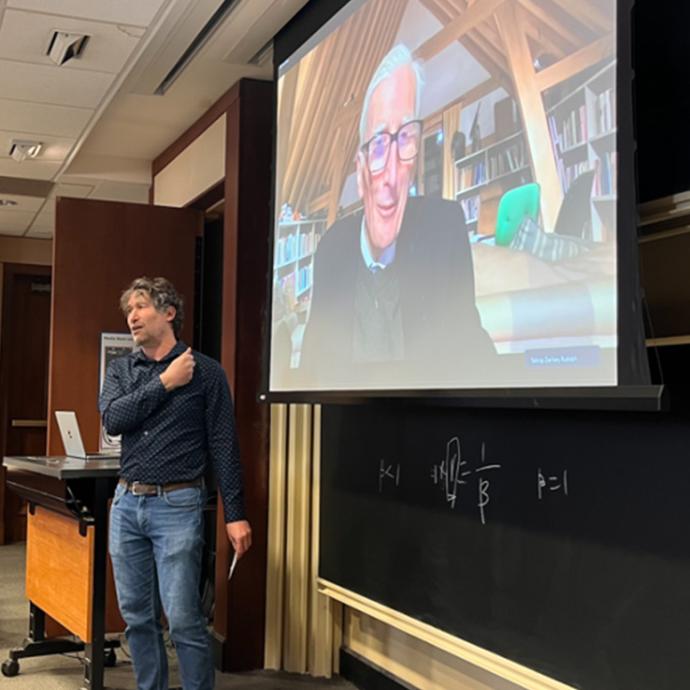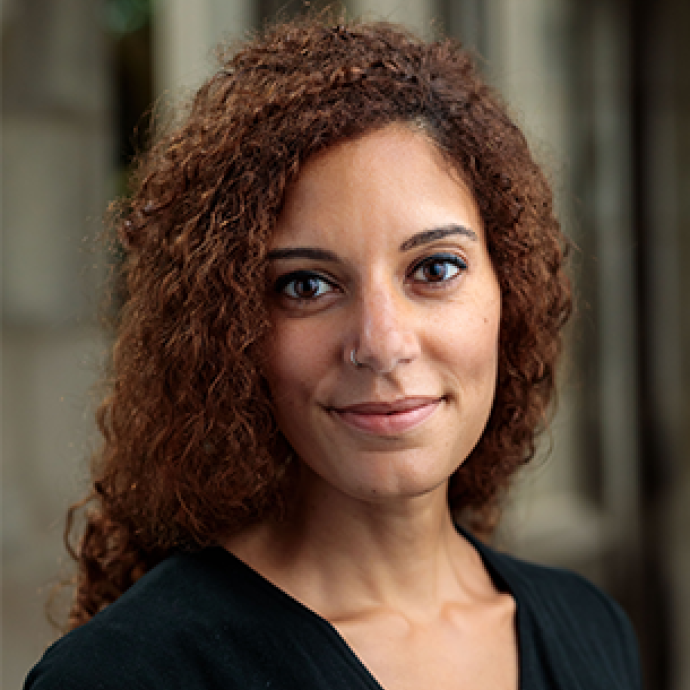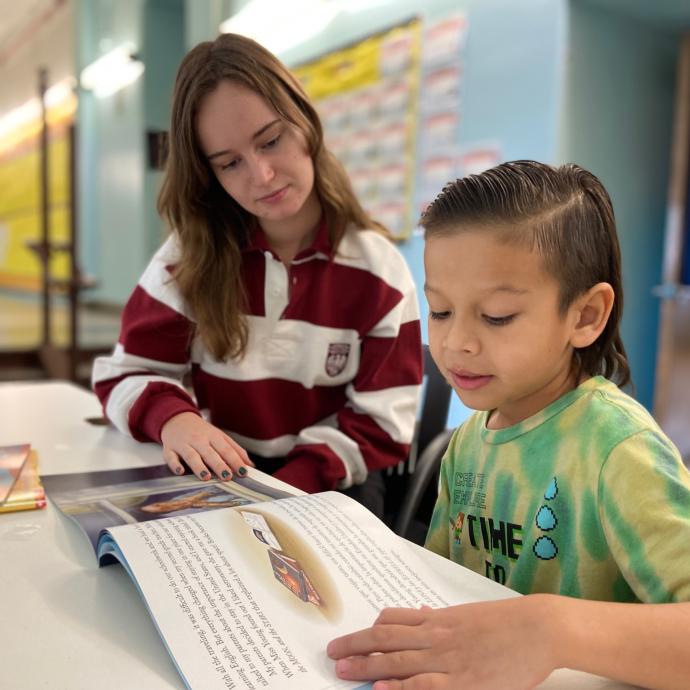Looking for your next summer read? Look no further. Here's the books the University of Chicago faculty who were honored in the 2023 Quantrell and Graduate Teaching Awards found interesting, useful, or meaningful.
“If/Then: How the Simulmatics Corporation Invented the Future” by Jill Lepore
Recommended by: Prof. Elizabeth Clemens
“A book I've read very recently, a kind of beach reading for social scientists, is Jill Lepore’s “If/Then.” It’s a great tale of the intersection of social science, technology, business, and government policy with lovely little bits of scandal dropped here and there. Very illuminating, but also truly a summer read.”
“WTF, Evolution?!: A Theory of Unintelligible Design” by Mara Grunbaum
Recommended by: Prof. Phoebe Rice
“WTF, Evolution is about the variety of life on Earth and how fundamentally ridiculous it is. Science can be hard work. It can be discouraging. It can be frustrating learning it and doing it, and sometimes we lose the wonder. And I think the book has that sense of wonder.”
“The Years” by Annie Ernaux and “Not Written Words” by Xi Xi, translated by Jennifer Feeley
Recommended by: Assoc. Prof. Paola Iovene
“Annie Ernaux’s “The Years” is a very intimate work, a sort of memoir, but in its snippets of conversations and truncated phrases you hear the beat of a generation of women who grew up in postwar Europe. I just love how it interweaves the personal and the collective.
Xi Xi’s “Not Written Words” is a delightful little book of poetry by a major Hong Kong writer, beautifully translated by Jennifer Feeley.”












 —Prof. Chuan He
—Prof. Chuan He
